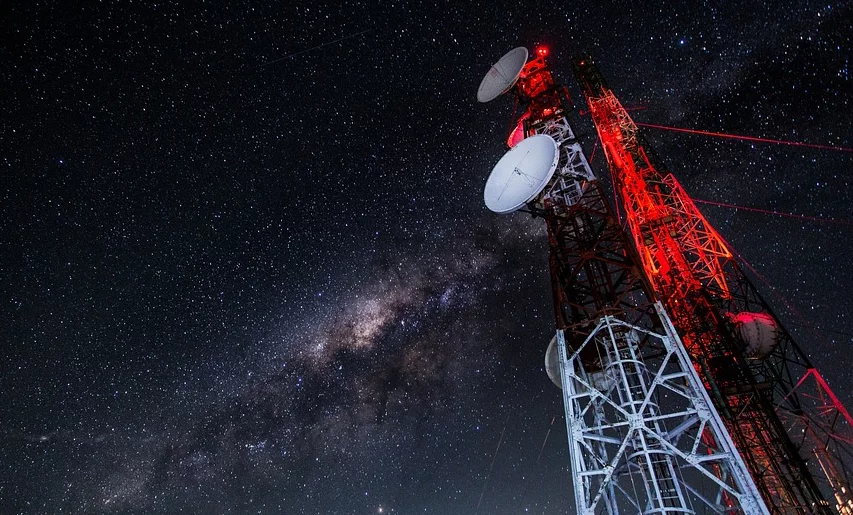According to a tip communicated by a highly placed official in the ministry of telecommunications, the government is going to skip the auction way for allocation of backhaul spectrum in the E and V bands. The above-mentioned source said, “The Department of Telecommunications (DoT) is expected to go by the recommendations issued by sector watchdog, Telecom Regulatory Authority of India (Trai) and there are no global instances where such (backhaul) spectrum is put on sale.” In August 2014, the Indian telecom regulator had remarked that in the developed countries the airwaves in the E and V spectrum were not allocated by way of auction since these airwaves were used for backhaul instead of carrying access signals for customers. On the same issue, the department is also seeking views from the attorney general of India on whether the backhaul spectrum could be auctioned or allocated administratively.

It is noteworthy that the main aim of using the backhaul spectrum is to improve the voice and data quality of 2G, 3G and 4G networks. It also helps in enhancing signal carrying capacity along with reducing call drops between two towers.
To give you more insight, it’s vital to note that the E band airwaves fall between 71 and 76 GHz and 81-86 GHz while the V band between 57 and 64 GHz. According to the top telcos of the country like Bharti Airtel, Reliance Jio, Idea Cellular and Vodafone India, this backhaul spectrum should not be put up for sale.
Trai chairman RS Sharma said in May that it was hard to auction airwaves without surety of backhaul. He added that it couldn’t happen because it was prerequisite.
The source which broke the news to ET also said that it was unlikely that the government would go against the views of the regulator. He also added that it would also take a legal recourse to back up its stance on the backhaul spectrum.
Although this step by the government can be seen as a stride in the positive direction, it has also brought the government into a fix since this new decision implies that the method used by the UPA-II government for allocating the 2G spectrum on a first-come-first-serve basis (FCFS) was flawed.
Fearing action by the apex court which terminated 122 licenses in the year 2012 under the pretence of flaws in the FCFS policy, the department is expected to walk on the safer side ensuring all legal precautions.















